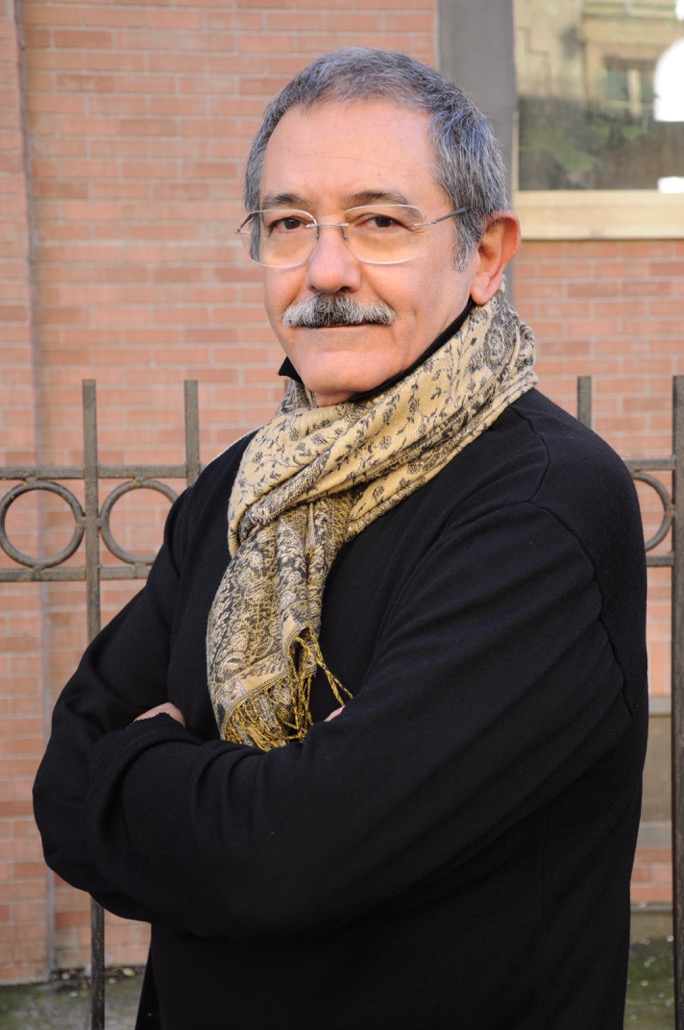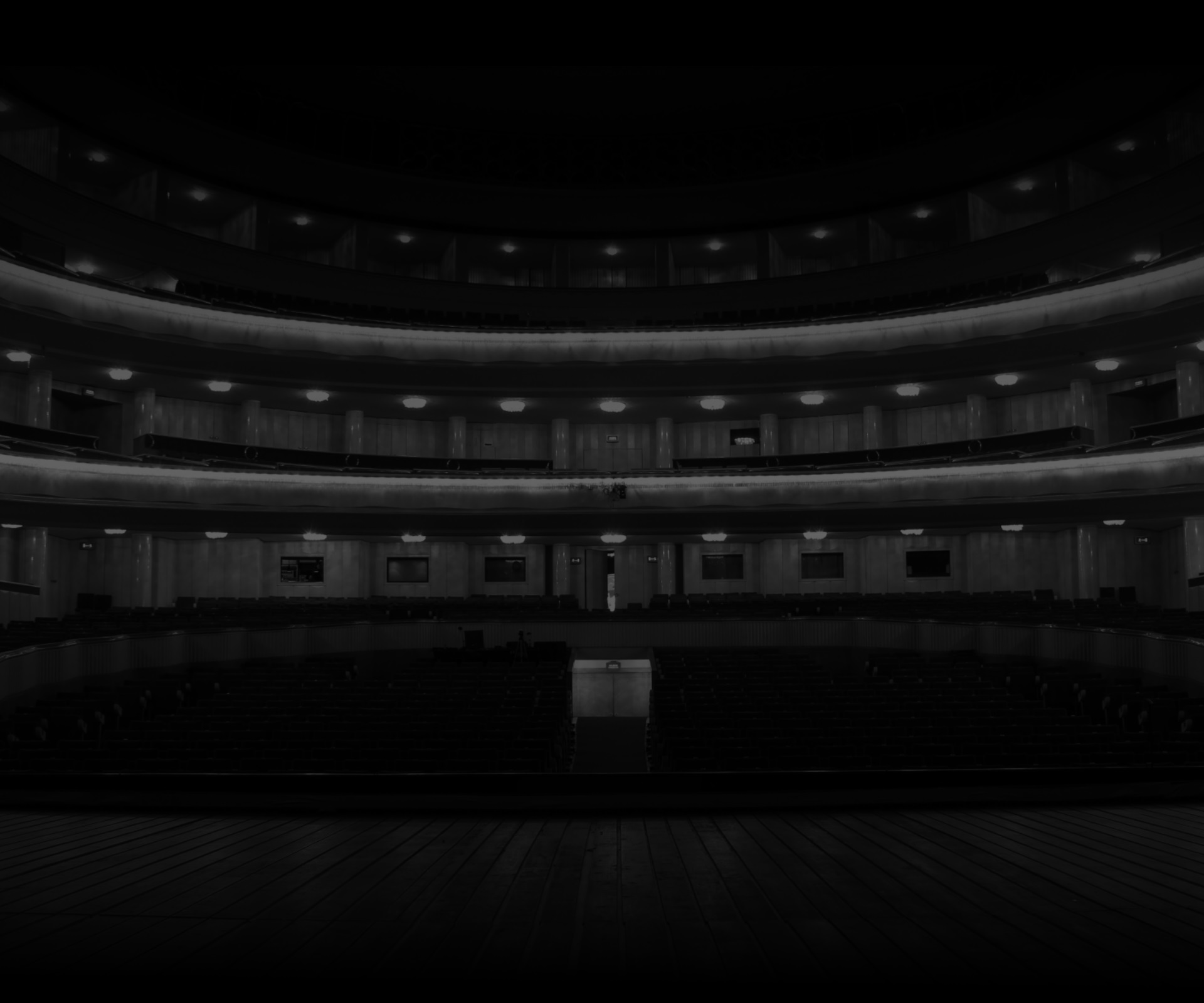
Born in Rome, Daniele Nannuzzi is a well-known Italian cinematographer. He took his passion for film after his father, Armando Nannuzzi, the cinematographer behind such legendary productions as: Visconti's The Damned and Ludwig, or Pasolini's Pigsty. Daniele first assissted his father when working on Luigi Comencini's Misunderstood, then worked with Giuseppe Rotunno, Pasqualino De Santis, Ennio Guarnieri, Franco Di Giacomo, David Watkins, and Alex Thompson.
He debuted as independent cinematographer in 1972 in Tonino Cervi's Appassionata. In 1976 he was the cinematographer of the second episode of Franco Zeffirelli's Jesus of Nazareth, as well as Young Toscanini, Per Firenze, Cavaleria Rusticana, Pagliacci (two Emmy awards), and Omaggio a Roma. He also collaborated with such directors as: Carlo Lizzani, Tinto Brass, Alejandro Jodorowsky, Siergiej Bondarczuk, Andrea Bolognini, Jerry London, Antonio Frazzi, Enrico Oldoini, Alberto Negrin, as well as Enzem Monteleonza, with whom he made El Alamein: The Line of Fire. The latter production earned Nannuzzi a Golden Globe, David Di Donatello, Gianni Di Venanzo, and a nomination for Nastro d'argento. Monteleonza and Nannuzzi worked again together on Due Partite and the two miniseries Il Capo dei Capi and Il tunnel della libertà. In 2004 Nannuzzi was the director of photography in the ancient Rome saga Empire produced by Touchstone and Disney and directed by Kim Manners, John Gray, and Greg Yaitanes. His latest film project was Manhattan Undying directed by Iran's Babak Payami.
In the recent years, Nannuzzi has been regularly working as lighting designer in opera and ballet theatres. In 2011–12 he collaborated with Russian choreographer Boris Eifman on the screen adaptations of his three ballets: Anna Karenina, Onegin, and Rodin. In 2012 director Giorgio Ferrara asked Nannuzzi to design lighting for his production of Madame Butterfly for the Rome Opera. Nannuzzi was also the lighting designer for Benjamin Britten's opera The Turn of The Screw and John Weidman's ballet The Piano Upstairs. The two latter productions opened subsequent editions of the Festival dei Due Mondi in Spoleto.
photo: artist's archive





